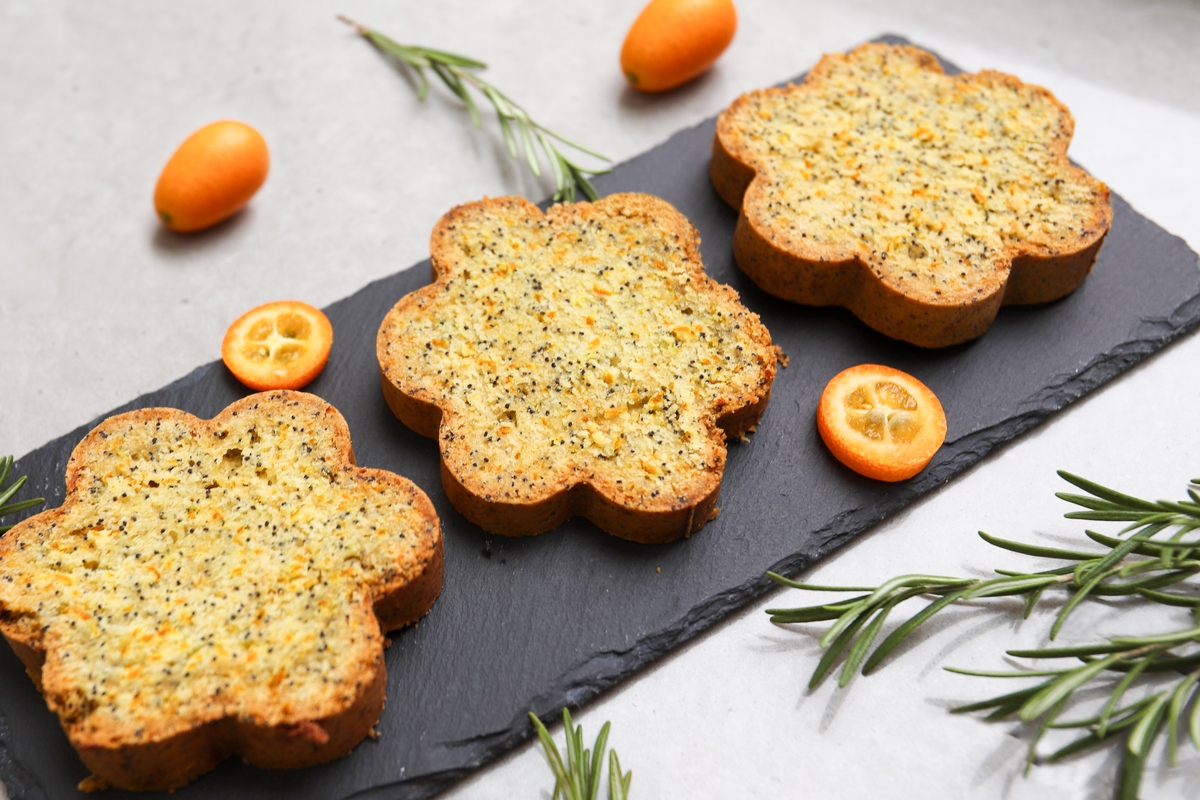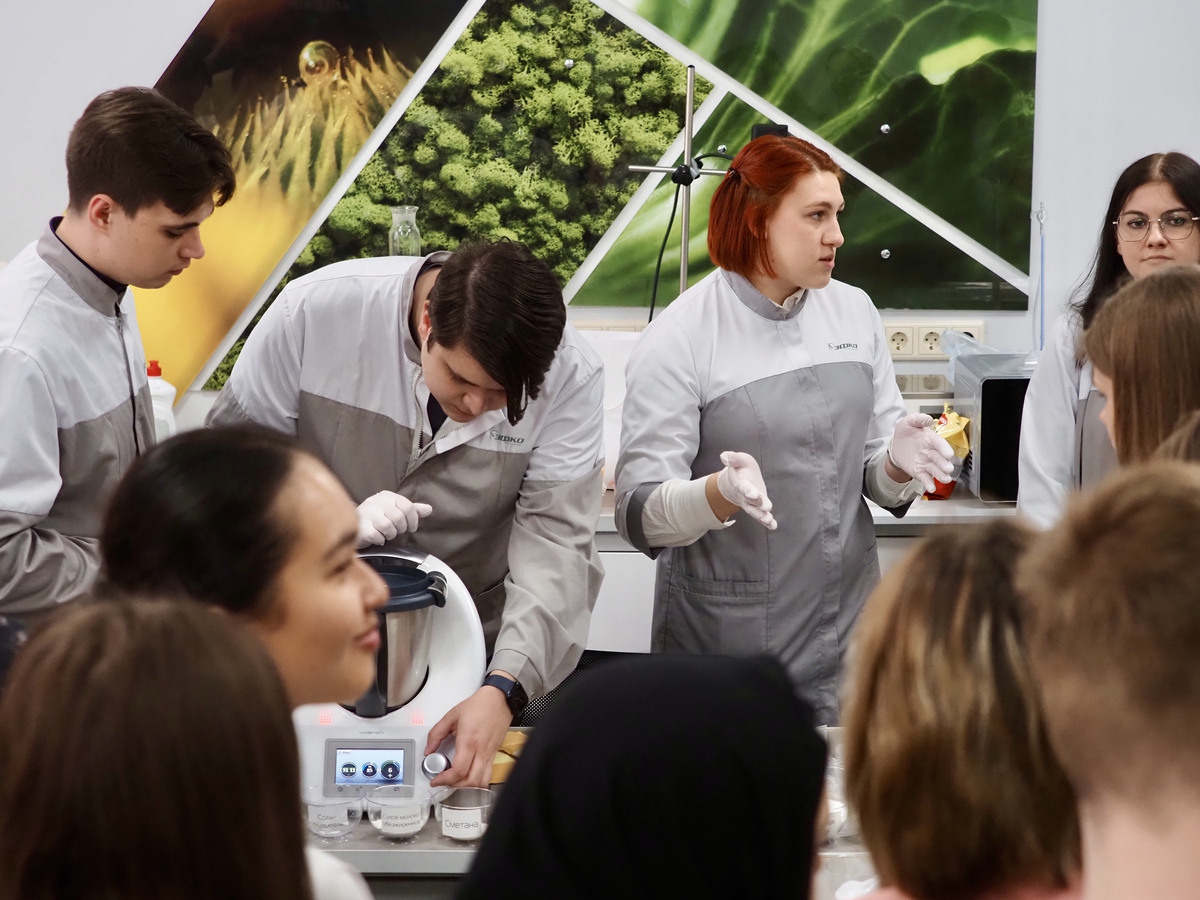Simple croissants are no longer surprising — round and even cubic croissants are gaining in popularity — sweet, colorful, crunchy, with and without fillings. And cookies with prints on the coating are another kind of art: floral, geometric and even animalistic. Consumers not only want to eat them, they want to take pictures of them. Trends change, but the basis remains: the most important thing for a technologist is to understand how to choose the right margarine for different types of flour confectionery. After all, it determines the taste, aroma, texture and shelf life. The Oils and Fats Division of EFKO organized a seminar for partners — together we discussed how the market is developing and what solutions we can offer.
Cakes, waffles, gingerbread, cottage cheese pies and eclairs. In 2023, Russia produced 2 million tons of flour confectionery. This is one of the most popular types of treats among consumers.
Our company has been producing specialty fats and margarines for puff pastry, sweet dough and short pastry products for over 20 years. What is happening in this segment in Russia and the world today?
“One of the global trends is portion packs — many people prefer to buy products in small quantities. It is also worth mentioning the growth of private brands of flour confectionery and bakery products," says Rimma Churina, Customer Relations Director at GFK Rus. — First of all, if we compare the Russian market with the European market, we see that the share of private brands there reaches 40-65%. The domestic market is moving in this direction”.
Another trend is the development of own in-store mini-bakeries. This attracts customers, who know that there are always fresh, tasty baked goods for sale in a store near their home. Most often, manufacturers use freezing. Today it is one of the most promising market segments. Its advantages include ease of product preparation, affordable cost, ability to keep products fresh longer, and expansion of sales geography. The demand is for frozen products with the shortest possible "finish-baking" cycle, mainly yeast and yeast-free puff pastry products.
«Margarine is one of the key ingredients in the production of puff pastry," says Svetlana Babicheva, technologist at the EFKO Group. - It increases the rise of the finished products and helps to make the layers more pronounced. The wrong choice of margarine and mistakes in working with it can lead to problems: the layers do not "rise" as required, the product turns out dry and stiff, the dough can tear when rolled out. The optimal solution is hard and at the same time plastic margarine "Ecoslice" from our product range, which is evenly distributed on the surface of the dough, thanks to which it does not tear during rolling. Croissants, puffs and other puff pastry products are made with even, crispy layers and a toasted crust”.
After cooking, you may notice dark spots of char on the bread mold. This often occurs when the lower layers of the bread have had time to burn a little on the mold. When you bake cakes and pastries, the dough pushes out the oil. It flows down the walls to the bottom of the mold.
“In order to solve this problem, we recommend the use of baking fat from our company's assortment," advises Sofia Tokar, a technologist at the EFKO Group. — This product prevents the dough from sticking — a thin layer is enough — you can easily remove the product from the molds and trays”.
The most delicious part of the seminar was, of course, the tasting. Together with the participants, we tasted products made with our margarines: muffins, croissants with chocolate and orange cream, layered twists with Provencal herbs, and much more.
“As practice shows, holding seminars in a small circle, where we gather key partners, is a very effective way to discuss not only pressing issues, but also market trends," said Natalia Danshina, Deputy Director of the Margarine Department of the Oils and Fats Division. - Recently, we have expanded the range of margarines and frying oils, as well as developed a line of emulsifiers necessary for the production of flour confectionery and bakery products. Today we are ready to offer any solution to the market. The distinctive feature of our offer is that, on the basis of our R&D center, we create products with any properties required by our partners”.



